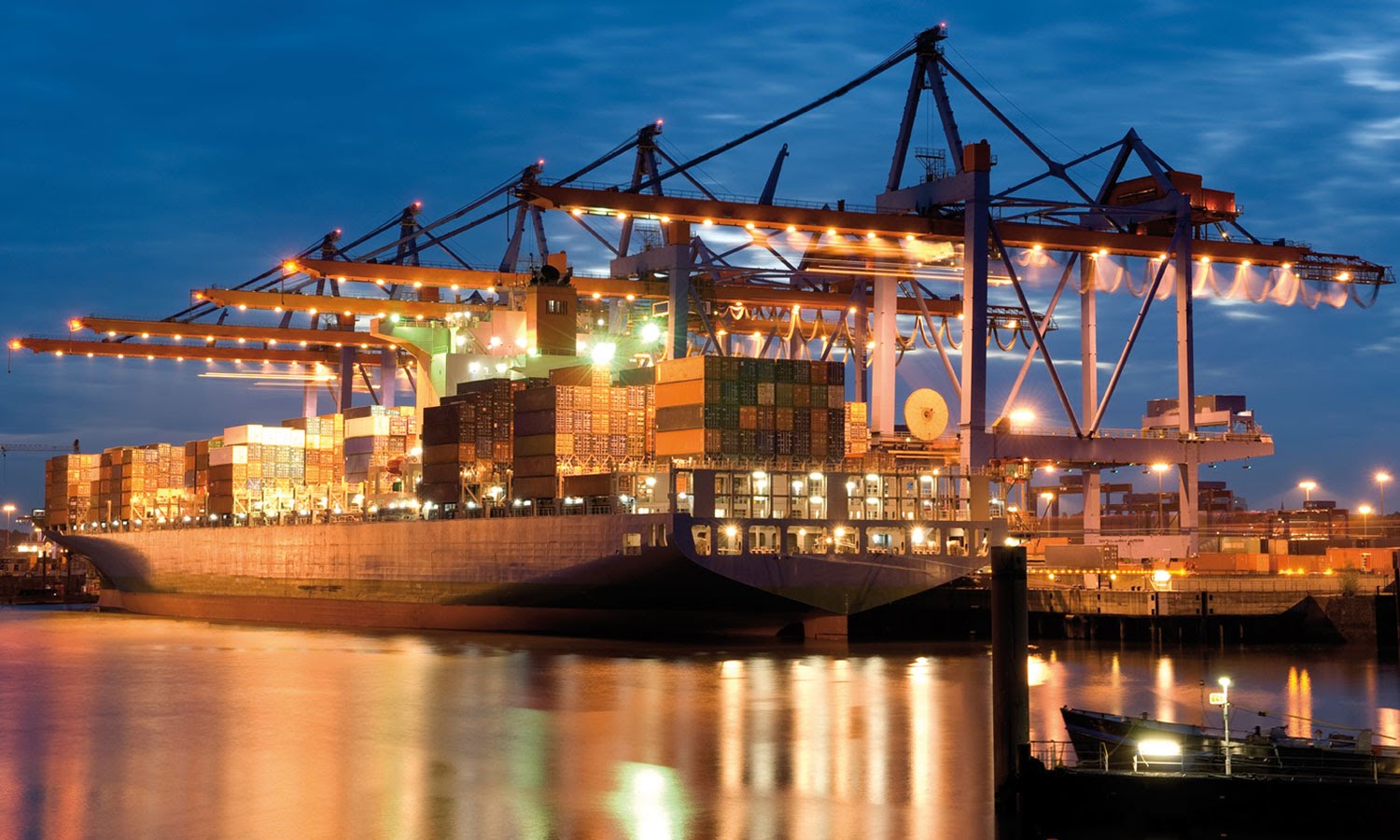- Lagos to Become Africa’s 3rd Largest Economy by 2020
Lagos State Governor, Mr. Akinwunmi Ambode, monday disclosed that the prime goal of his administration is to grow the state from fifth to third largest economy in Africa by 2020.
Consequently, the governor added that it had become imperative to also end the operation of yellow commercial buses known as danfo on roads in the Lagos metropolis before the end of this year.
He disclosed this at the 14th annual lecture of Centre for Values in Leadership (CVL) held at MUSON Centre, Onikan, Lagos with a theme: ‘Living Well Together, Tomorrow: The Challenge of Africa’s Future Cities’.
The lecture, which organised by a renowned development expert, Professor Pat Utomi, was chaired by former Governor of Cross River State, Liyel Imoke, and attended by the Director of the Centre for the Study of African Economies, Oxford University, Prof. Paul Collier, among others.
Ambode explained the significance of infrastructure projects his administration had been executing in strategic sectors of Lagos economy, noting that it was directed at up scaling the status of the state.
He explained that the establishment of massive lay-bys, rehabilitation of inner-city roads and the construction of flyovers in different parts of the state were designed to end the challenges of urbanisation.
Specifically, the governor noted that the main objective of his administration remained the growth of Lagos from fifth to third largest economy in Africa, which he said formed the heart of his government.
To realise this prime goal, Ambode insisted that yellow buses would be removed from Lagos roads for a more efficient, well-structured and world class mass transportation system that would facilitate ease of movement within the city.
He said the present connectivity mode in the state was not acceptable and befitting for a mega city, and as such, a well-structured transportation mode would soon be put in place to address the challenge.
Ambode said: “When I wake up in the morning and see all these yellow buses, commercial motorcycles and all kinds of tricycles, and we claim we are a mega city, that is not true. We must first acknowledge that that is a faulty connectivity that we are running.
“We have to look for the solution. That is why we want to banish yellow buses this year. We must address the issue of connectivity that makes people to move around with ease and that is where we are going.
“For instance, people going from Ikorodu to CMS have started leaving their cars at home because the buses are very convenient. So, why can’t we do that for other places?
“Yes, we do not have the money to do everything now but we can go to the capital market and then improve on the technology of collection of fares. That will encourage investors and then the city will change.”
Also, the governor said the state government was also embarking on massive reform in waste management system, expressing optimism that the plan “will be actualised by July this year.
“We are also embarking on massive reform in the waste and sanitation management system. I don’t like the way the city is and the Private Sector Participants (PSP) collectors are not having enough capacity to do it but again should I tax people to death, the answer is no.
“I do not want to tax people, and so we need this partnership with the private sector so that it can invest in the sanitation management of the city and in no time, maybe by July, the city will change forever.”
Also speaking, Utomi said the idea behind the formation of the group was to get young people to begin to appreciate early what leadership is all about, which is service to the people.
Utomi, founder of CVL, said Lagos remained the best governed state in Nigeria in the last 18 years, and a good example of what the country should be beyond and without oil.
He thus commended Ambode on his leadership style, and particularly congratulated Lagos for being named by the Rockefeller Foundation as one of the 100 most resilient cities in the world.
On his part, Director of Centre for African Economies, Oxford University, Collier, said from his over 30 years’ experience of coming to Nigeria, Ambode has proven himself to be the third excellent governor in a row in Lagos.
Collier, who was the keynote speaker, said judging by the population projection of Nigeria by 2050, now is the time for the country to start building its cities to conform to modern trend.
He said Nigeria’s oil had been a curse which messed up the economy, and so there was need to start proper planning for development.
Collier, therefore, suggested alliance between the business community and political actors, saying to build a city that works, attention must be focused on energy and connectivity.

 Naira3 weeks ago
Naira3 weeks ago
 News4 weeks ago
News4 weeks ago
 Naira4 weeks ago
Naira4 weeks ago
 Naira3 weeks ago
Naira3 weeks ago
 Travel3 weeks ago
Travel3 weeks ago
 Jobs3 weeks ago
Jobs3 weeks ago
 Naira3 weeks ago
Naira3 weeks ago
 Investment4 weeks ago
Investment4 weeks ago






























